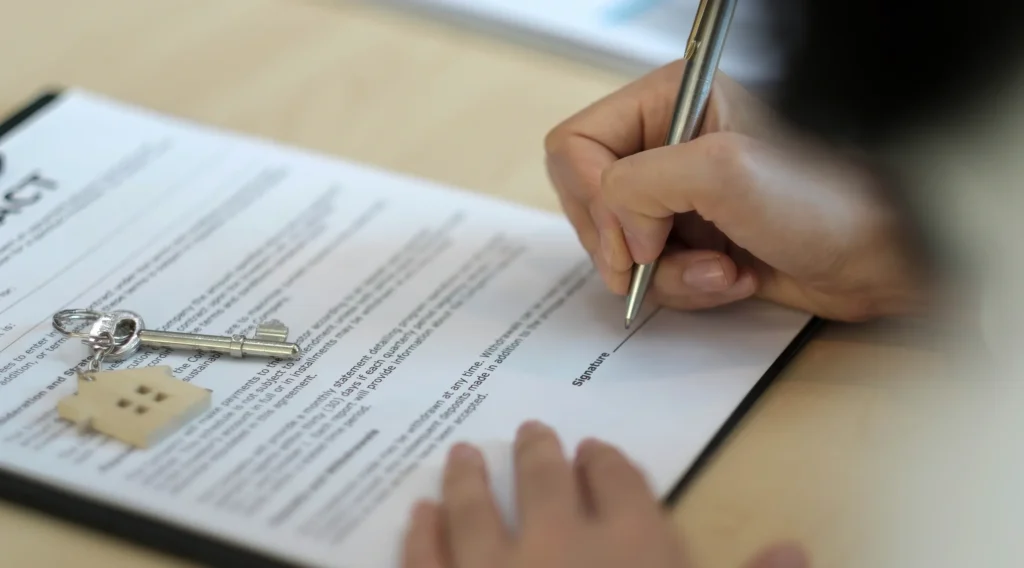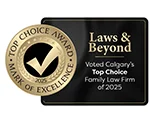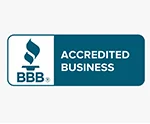Leases and rental agreements are essential legal documents that govern the relationship between a landlord and a tenant in the commercial property sector. Understanding the key aspects of leases and rental agreements is crucial for both landlords and tenants to protect their rights and ensure a smooth and mutually beneficial business arrangement. Here are some important points to consider:
– Gross Lease: In a gross lease, the tenant pays a fixed rent amount that includes most or all of the operating expenses, such as property taxes, insurance, and maintenance costs.
– Net Lease: A net lease requires the tenant to pay the base rent in addition to specific operating expenses, such as property taxes, insurance, and maintenance costs. There are three common types of net leases: single net lease, double net lease, and triple net lease.
– Percentage Lease: In a percentage lease, the tenant pays a base rent plus a percentage of their gross sales or revenue generated from the leased premises. This type of lease is commonly used by retailers and is often subject to negotiation.
– Fixed-Term Lease: A fixed-term lease has a specified start and end date, typically ranging from one to ten years. The tenant is obligated to occupy the space and pay rent for the entire lease term, unless there are specific provisions for early termination or renewal.
– Month-to-Month Lease: A month-to-month lease provides flexibility for both the landlord and tenant. It automatically renews each month unless one party gives proper notice to terminate the lease. This type of lease is commonly used for short-term or temporary arrangements.
– Base Rent: The base rent is the fixed amount of rent due each month or according to the lease term. It should be clearly stated in the lease agreement.
– Security Deposit: Landlords often require tenants to provide a security deposit upfront. This deposit serves as financial protection for the landlord in case of unpaid rent or damage to the property.
– Common Area Maintenance (CAM) Charges: If the property has common areas, such as lobbies, elevators, or parking lots, the tenant may be responsible for a portion of the maintenance costs through CAM charges.
– Utilities and Services: Clearly define which utilities or services the tenant is responsible for, such as water, electricity, internet, or janitorial services.
– Permitted Use: The lease agreement should clearly state the permitted use of the commercial property. It may restrict certain types of businesses or specify the specific purpose for which the property can be used.
– Subleasing: Determine whether subleasing the premises is allowed. If permitted, specify the terms and conditions for sublease agreements.
– Alterations and Improvements: Outline any restrictions or permissions regarding modifications, alterations, or improvements to the leased premises. This may include obtaining written consent from the landlord and following applicable building codes and permits.
– Responsibilities: Clarify the responsibilities of both the landlord and tenant for maintenance and repairs, including routine maintenance, structural repairs, and compliance with health and safety regulations.
– Reporting Obligations: Establish a procedure for reporting maintenance issues or repair requests to ensure timely resolution and avoid any misunderstandings.
– Notice Period: Specify the notice period required for termination or non-renewal of the lease agreement. This allows both parties to plan and make necessary arrangements.
– Renewal Options: Determine whether there are any options for lease renewal and the terms and conditions for exercising these options.
It is crucial for both landlords and tenants to seek legal advice when drafting or reviewing leases and rental agreements to ensure compliance with applicable laws and protection of their respective interests. Open communication and clear understanding of the terms and conditions will contribute to a successful and harmonious commercial property rental experience.
Navigating the complex landscape of commercial property laws in Alberta can be challenging for property owners, investors, and managers. The legal aspects involved in owning and leasing commercial properties require expertise and knowledge to ensure compliance and to protect your interests. Consulting a legal professional who specializes in commercial property laws is essential to navigate the intricacies and avoid potential legal pitfalls. Here are some reasons why it is crucial to seek legal advice when dealing with commercial properties:
1. Understanding Legal Obligations: A legal professional can guide you through the various legal obligations involved in commercial property ownership, such as landlord-tenant relationships, lease agreements, property maintenance, and compliance with building codes and regulations. They can ensure that you understand your rights and obligations as a property owner and provide advice on how to fulfill them effectively.
2. Lease Negotiation and Drafting: Leasing commercial properties involves complex negotiations and drafting of lease agreements. A legal professional can assist you in negotiating favorable lease terms, protecting your rights, and mitigating potential risks. They can draft comprehensive lease agreements that address key provisions, including rent, maintenance responsibilities, tenant improvements, termination clauses, and dispute resolution mechanisms.
3. Due Diligence: When considering purchasing or investing in commercial properties, conducting thorough due diligence is critical to assess potential risks and liabilities. A legal professional can assist in reviewing property documents, conducting title searches, examining zoning regulations, and identifying any legal issues or encumbrances that may impact your investment. Their expertise can help you make informed decisions and avoid costly mistakes.
4. Dispute Resolution: Inevitably, issues and disputes may arise in the course of owning or managing commercial properties. Whether it is a tenant dispute, breach of contract, or property damage claim, a legal professional can provide guidance and represent your interests in negotiations, mediation, or litigation. They can help resolve disputes efficiently, protect your rights, and minimize potential financial losses.
5. Compliance with Laws and Regulations: Commercial property ownership is subject to numerous laws, regulations, and local bylaws. Staying updated and compliant with these legal requirements is crucial to avoid penalties, fines, or legal challenges. A legal professional can ensure that your property and operations adhere to relevant laws, including zoning, environmental, health and safety, and accessibility regulations.
6. Legal Risk Management: Commercial property ownership involves inherent risks, such as liability for injuries on the premises or potential legal claims from tenants, contractors, or other third parties. A legal professional can assess your risk exposure, develop strategies to minimize liability, and implement risk management practices that protect your interests and assets.
In conclusion, commercial property laws in Alberta are complex and require specialized legal expertise. Consulting a legal professional who understands the intricacies of these laws is crucial to ensure compliance, protect your investment, and navigate any legal challenges that may arise. Their guidance and advice can contribute to the long-term success and profitability of your commercial property ventures.














